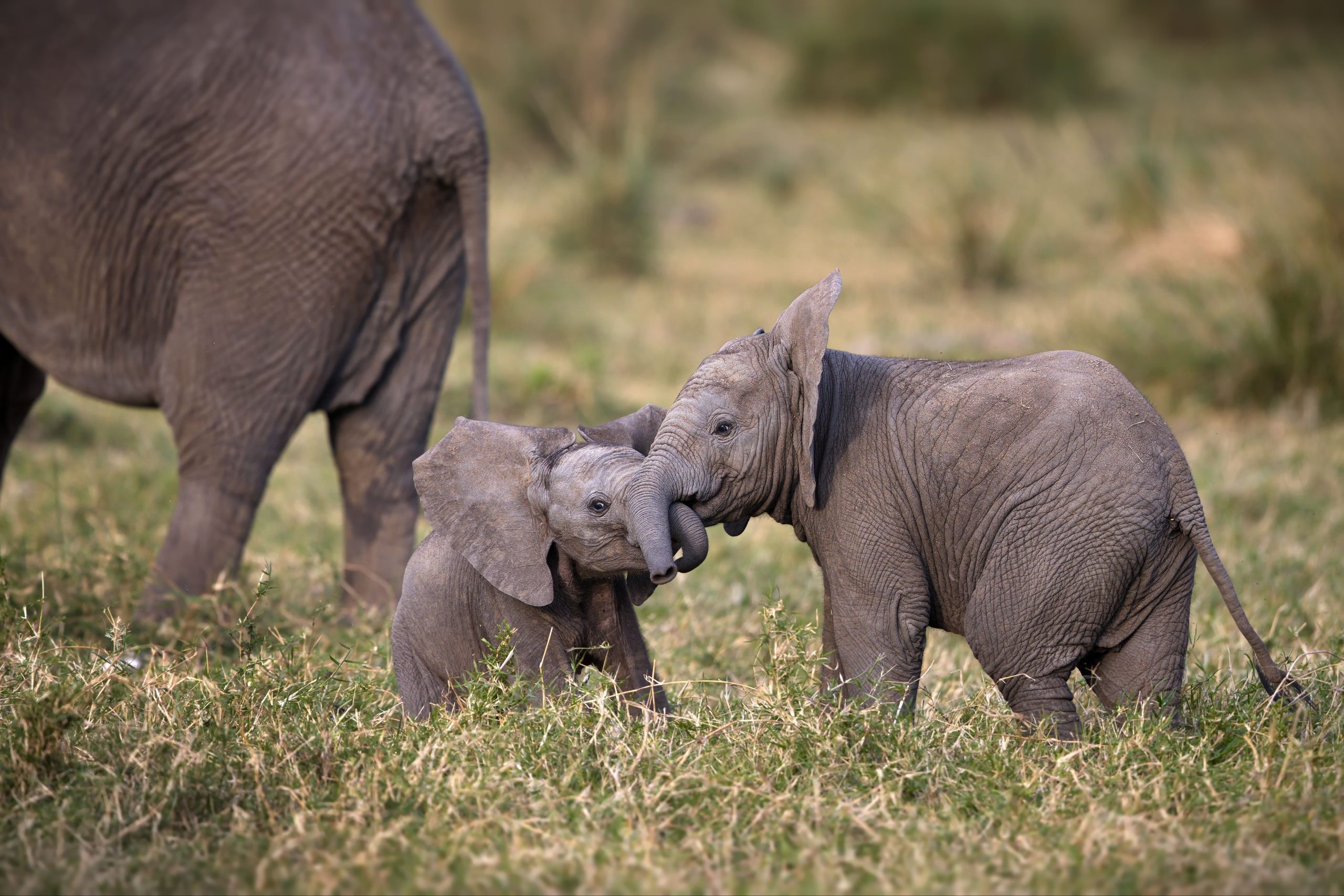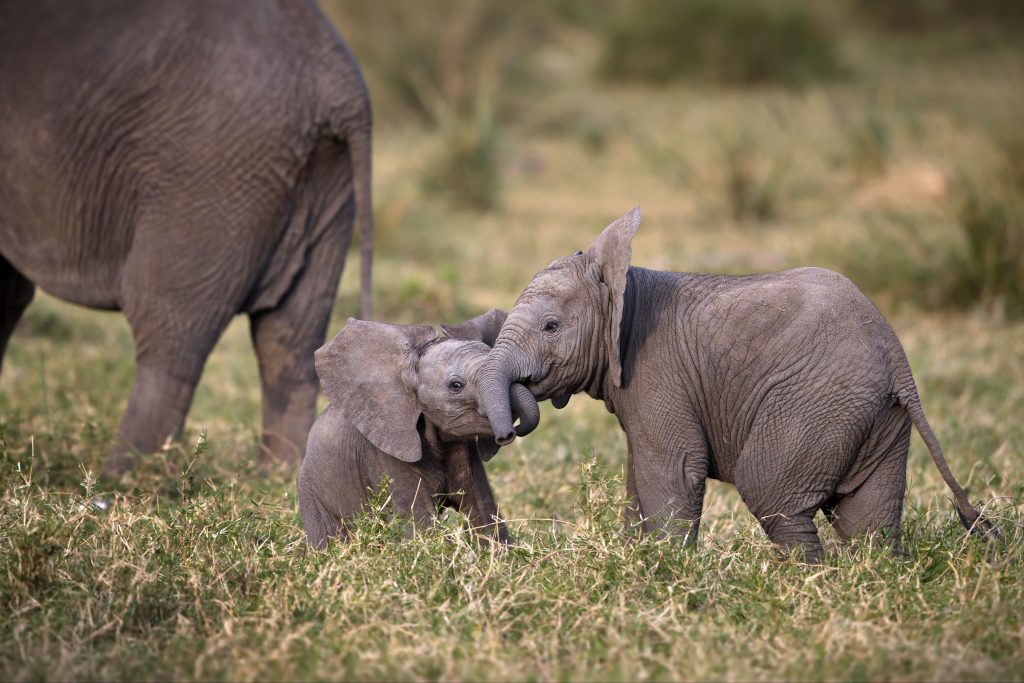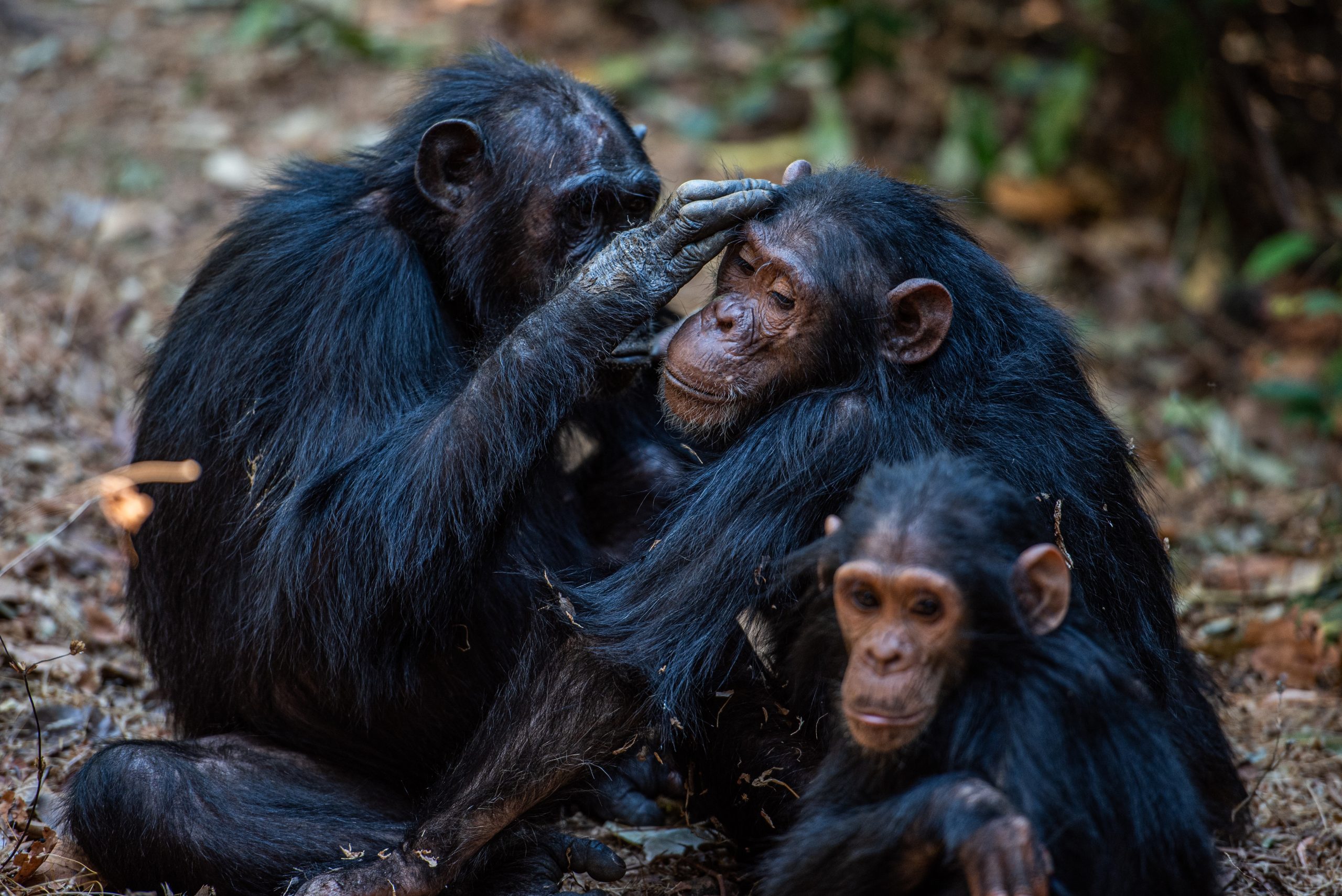
Imagine standing in the golden light of the African savanna, the air vibrating with a soft, barely audible rumble. It drifts across the plains, and a large grey shape emerges from the dust. That rumbling isn’t generic – it might just be a name, calling out to a friend or family member its elephant voices that you hear.
Elephants Have Their Own “Names” Yes, you read that right. Recent groundbreaking research confirms that African elephants appear to use name-like vocal calls to address each other. In a 2024 study published in Nature Ecology & Evolution, researchers – including Save the Elephants and ElephantVoices – used artificial intelligence to analyse rumbles recorded in Kenya’s Amboseli National Park and Samburu National Reserve. They discovered that certain rumbling calls were shared between individuals, and that elephants responded more energetically – ears flapping, trunks raised – when “hearing: their own name.
Machine-learning could identify the intended reccipient 28% of the time – well above chance levels – and elephants reacted significantly more strongly to their own “name” than others. This discovery underscores the subtlety and sophistication of elephant communication and social bonds.

Behind the Science: ElephantVoices & Elephant Ethogram
This isn’t the only revelation from ElephantVoices. Their Elephant Ethogram – an incredible digital library contains more than 2,300 annotated video clips cataloguing every type of elephant call and action across a rich taxonomy of behaviours and social contexts.
Earlier, in 2002, researcher Karen McComb demonstrated that elephants’ contact calls have unique acoustic signatures, allowing other elephants to recognise the caller by voice alone. These studies lay the foundation for our understanding of their intricate vocal world.
Why It’s Magical – and Meaningful
Here’s why these findings are particularly touching, beyond the obvious science:
- Deep Emotional Bonds – Callers often use name-like rumbles when seeking out loved ones – especially mothers calling calves or familiar supporters within a herd. It speaks to the depth of empathy and attachment among elephants.
- Long-distance Conversations. These are low-frequency “infrasound” rumbles – below human hearing – that travel for miles across the land. They help elephants locate one another, organise movements, or call for help in the vast savannah.
- Remarkable Intelligence – Only a handful of animals – dolphins and parrots are known to use name-like sounds, and those by mimicry. Elephants, however, appear to use arbitrary vocal labels, much like humans do, suggesting a high degree of vocal learning and abstract thought.
Because of all this, elephants aren’t just cute animals – they are individuals with emotional lives, memories, and relationships.
This science reminds us: this natural richness is under threat. Human-elephant conflict, habitat loss, and poaching endager these creatures – and with them, their intricate social fabric. By supporting conservation efforts and respectful tourism, you’re helping preserve not just elephants, but their stories, voices and heritage.

Join us on an Elephant Conservation Safari
If this resonates with you, why not join us on our Elephant Conservation Safari in 2027? Not only is this an incredible opportunity to see these incredible animals up close and learn all about them from those who look after them, study them, and care for them, but the money from it also goes into protecting them.
Find Out More
References & Further Reading
- “African elephants call each other by unique names” – AP News
- “Study shows elephants might call each other by name” – Reuters
- ElephantVoices et al., “Like Us, Elephants Have Names Too!” – elephantvoices.org / Save the Elephants
- ElephantVoices: Acoustic communication and Elephant Ethogram resources
- Elephant Communication overview – Save the Elephants


